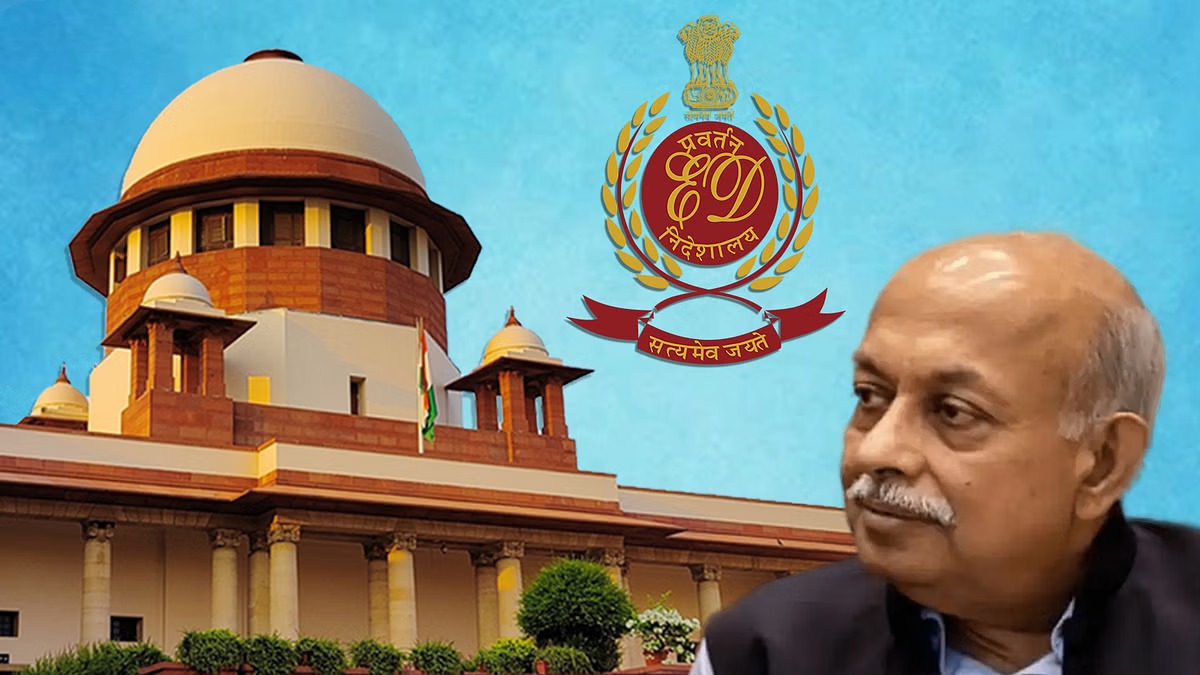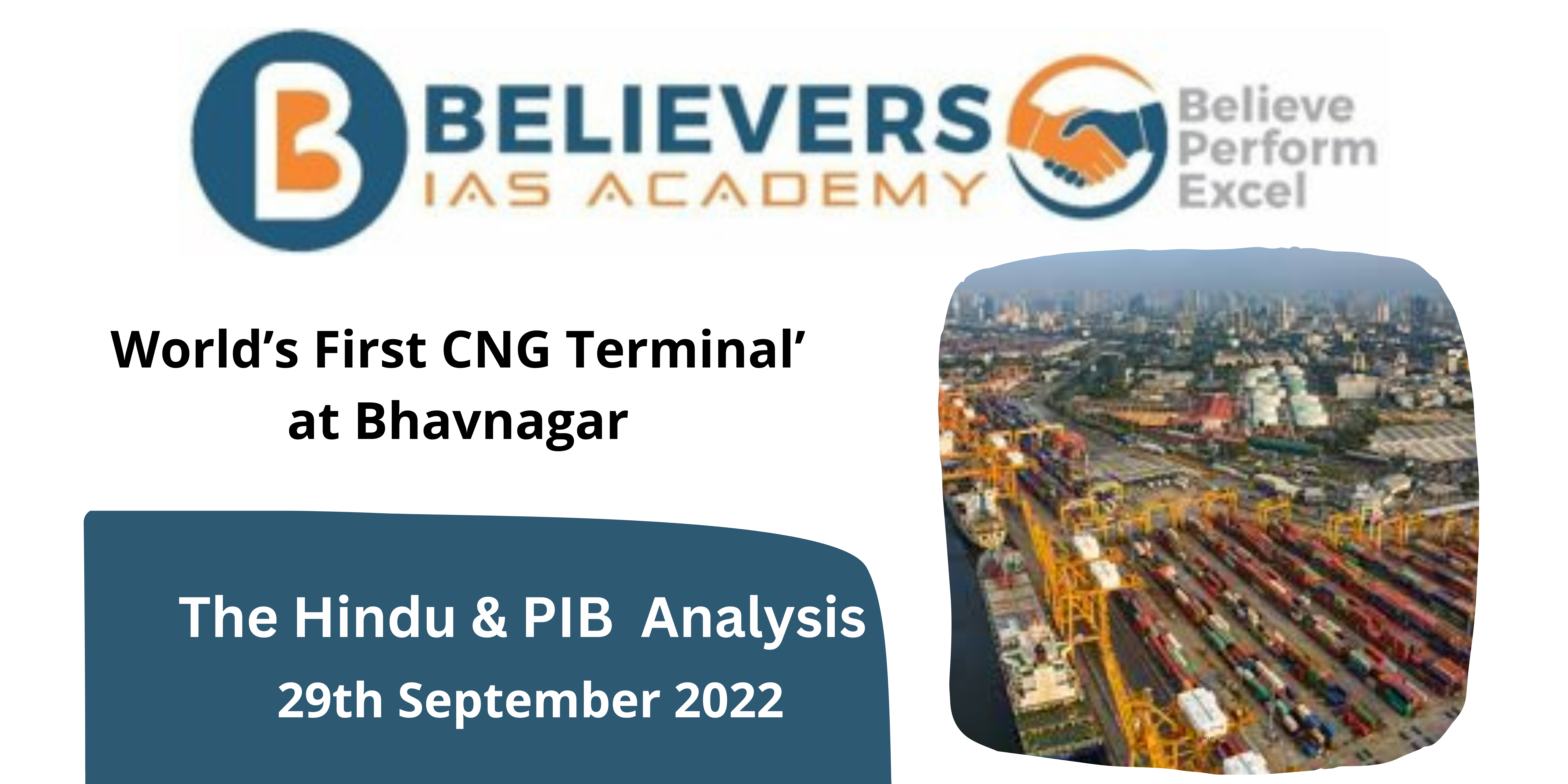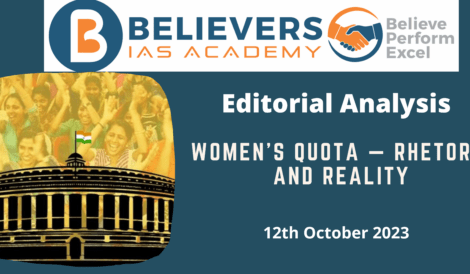Judicial Permissiveness and the Enigma of ‘Larger National Interest’
Context:
Recent Supreme Court ruling concerning the tenure of Sanjay Kumar Mishra, who is the head of the Enforcement Directorate (ED) in India where the Supreme Court permitted Mr. Mishra to continue in his position following a request from the central government.
Relevance:
GS-02 (Government Policies & Interventions)
Prelims:
- Directorate of Enforcement (ED)
- Money Laundering
- PMLA
- FEMA
Mains Questions:
Evaluate the role of the ED in India’s efforts to counter money laundering and financing of terrorism during the country review before the Financial Action Task Force (FATF). (150 words)
Dimensions of the article:
- Deferring Excessively: A Dubious Judicial Move
- “Larger National Interest”: A Self-Serving Application
- ED’s Role in FATF Preparations
- Image vs. Substance: Assessing FATF Evaluation Factors
Deferring Excessively: A Dubious Judicial Move
- In a recent ruling that has left many bewildered, the Supreme Court’s decision to permit Sanjay Kumar Mishra, the head of the Enforcement Directorate (ED), to continue his tenure, at the government’s request appears unnecessarily accommodating.
- This comes hot on the heels of the Court’s declaration, where it deemed the extensions granted to Mr. Mishra in 2021 and 2022 as illegal.
- Curiously, even as the Court granted him an extension for a smooth transition, it now relies on an ambiguous notion of “larger national interest” to extend his tenure further, without evidence of a successor selection process being underway.
“Larger National Interest”: A Self-Serving Application
- The invocation of “larger national interest” by the government, claiming indispensability of Mr. Mishra’s services in helming the country’s efforts to counter money laundering and terrorism financing during the FATF country review, raises eyebrows.
- The FATF’s mutual evaluation system means India’s review will persist until June 2024, culminating in a plenary discussion on compliance status.
- The government originally sought an extension, anticipating an on-site FATF delegation visit by then.
ED’s Role in FATF Preparations
- While acknowledging the ED’s significant role in administering anti-money laundering laws and its potential importance in preparing India’s presentation to the FATF, it is implausible to hinge the entire process on one individual. Surely, the government could have engaged
- Mr. Mishra solely for FATF-related matters while entrusting the directorate’s routine activities to his successor. In truth, several agencies and authorities collaboratively shape the nation’s policies on money laundering and terrorism financing.
- Regrettably, the Court overlooked these arguments, choosing instead to allow Mr. Mishra’s continuation.
Image vs. Substance: Assessing FATF Evaluation Factors
- Undeniably, India’s reputation depends on a positive FATF evaluation, but the assertion that denying Mr. Mishra an extension would lead to a “negative image” seems perplexing.
- The FATF will evaluate India’s compliance with global standards, its laws, and systems, rather than attribute outcomes solely to an individual’s report preparation.
- The Court’s leniency detracts from its commitment to hold the government accountable for actions it had previously deemed illegal.
Way Forward
Upholding Judicial Integrity: The Supreme Court must reaffirm its commitment to the rule of law and avoid appearing influenced by governmental requests, thereby fostering public trust in the judiciary.
Transparent Succession Planning: The government must expedite the selection process for Mr. Mishra’s successor, ensuring a seamless transition while upholding institutional efficiency and continuity.
Conclusion:
The recent Supreme Court decision allowing Sanjay Kumar Mishra’s extended tenure in the ED has raised valid concerns over judicial independence and governmental deference. The concept of “larger national interest” demands clarity and accountability to prevent potential abuse. While India’s FATF evaluation is crucial, it should not overshadow the need for collective efforts and systemic compliance. A judiciary resolute in upholding the rule of law and a government prioritizing transparent succession planning will ultimately reinforce democratic values and institutional trust.





